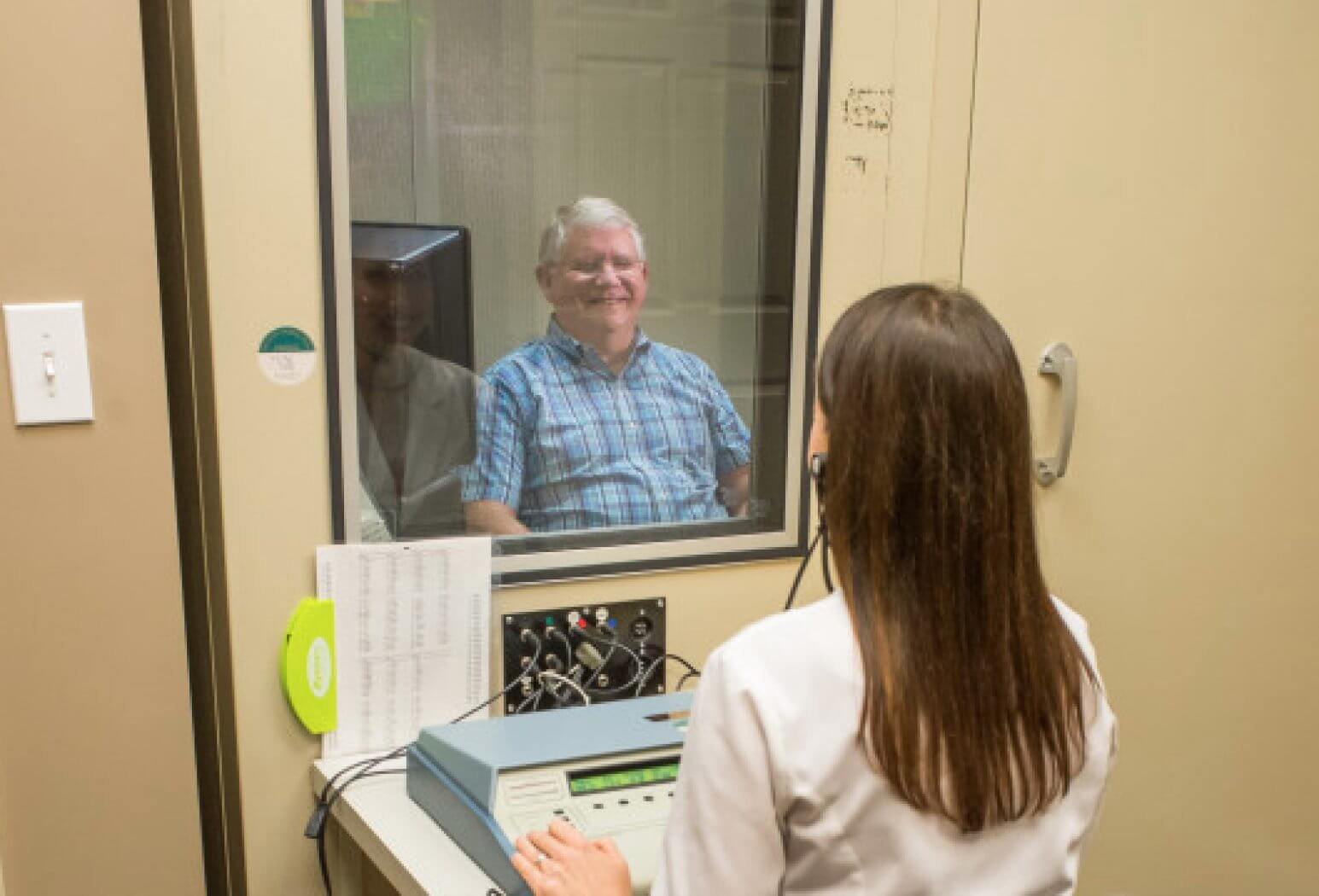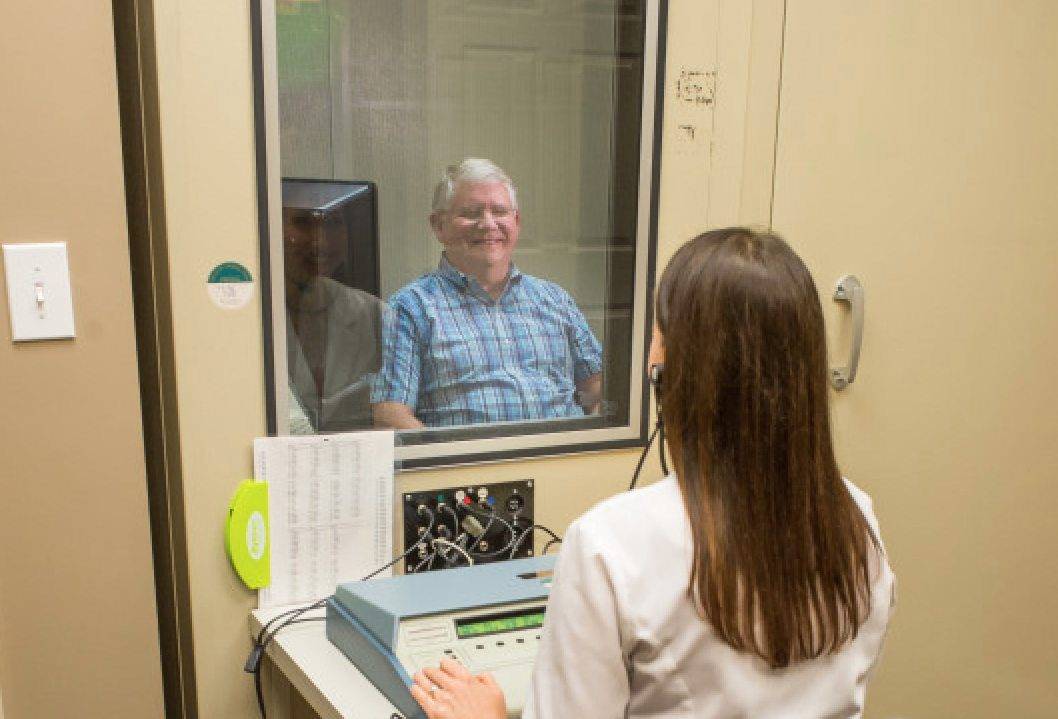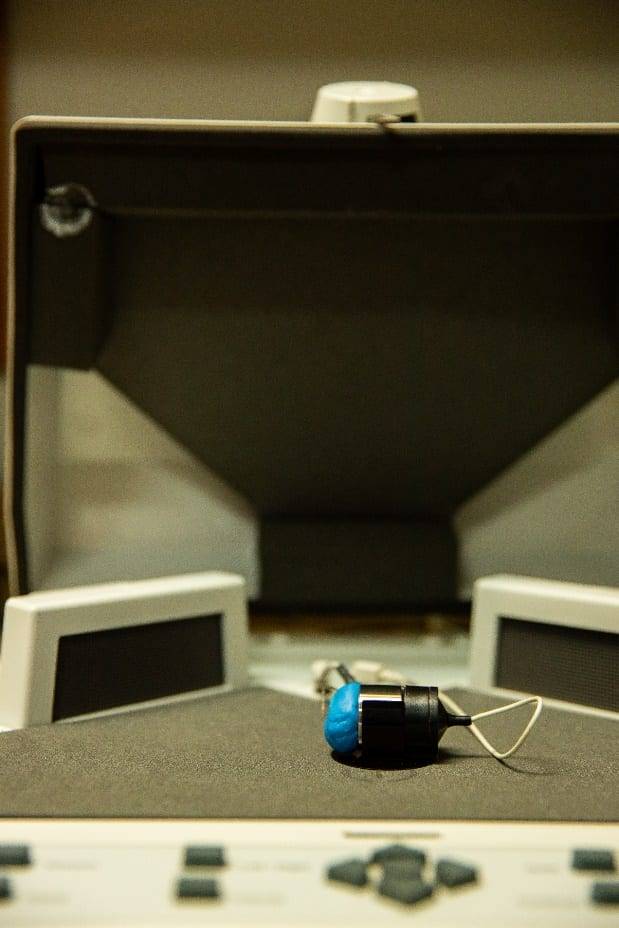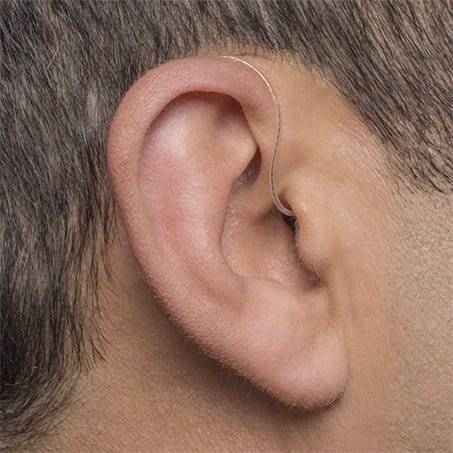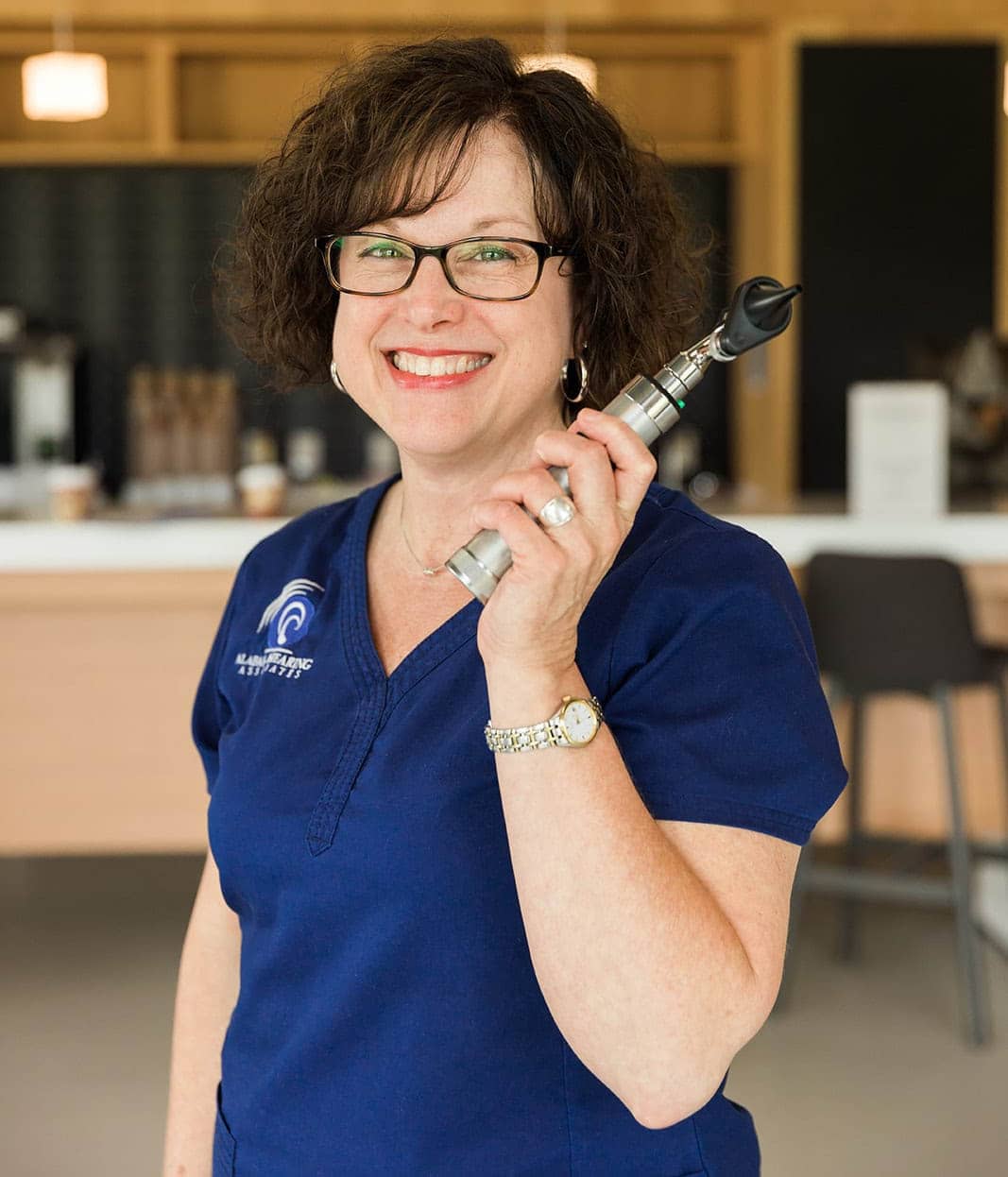It’s unconventional, but I’m going to start our discussion by answering the title question. Can you have hearing loss in one ear? The simple answer is yes. Note: Sudden hearing loss in one ear is an urgent health issue that requires immediate medical care.
An Introduction to Unilateral Hearing Loss
Unilateral hearing loss is what we diagnose when someone loses hearing in one ear but can hear normally in the other. The degree of hearing loss may be mild, moderate, or severe. However, when someone has lost all or nearly all hearing in one ear, that condition is known as single-sided deafness.
Depending on its cause, unilateral hearing loss may be temporary or permanent. Problems with unilateral hearing loss can begin at any age. We’ve treated babies born with the condition, older children, and adults.
Also, I’d like to address a misconception about unilateral hearing loss. Occasionally, a patient tells me losing hearing in one ear isn’t “a big deal” because the other ear is fine. This just isn’t true. Our ears work together. For instance, both ears are involved when you need to determine which direction a sound is coming from. Also, unilateral hearing loss makes it more challenging to filter background noise and to hear what people are saying in noisy environments.
Causes of Hearing Loss in One Ear
Many reasons could cause someone to develop unilateral hearing loss. Possible causes include:
- Ear infection
- Head trauma
- Ear injury
- Exposure to loud noise
- Foreign object in the ear
- Wax build-up
Certain medications may cause a hearing loss on one side. They include chemotherapy drugs, aspirin, ibuprofen, naproxen, loop diuretics, gentamicin, streptomycin, and neomycin. Also, unilateral hearing loss may result from illnesses like Meniere’s disease, acoustic neuroma, neurofibromatosis type 2, shingles, Reye’s syndrome, or temporal arteritis.
Diagnosis and Treatment
When a new patient comes to us with suspected unilateral hearing loss, we examine their ears. (We’ll remove a blockage if we find one.) We’ll also perform a hearing assessment. Patients who don’t have permanent, nerve-type damage receive a referral to an ear, nose, and throat doctor for medical treatment.
The cause of a patient’s unilateral hearing loss determines which treatment is appropriate. For instance, if a foreign object or wax build-up is causing the problem, the answer is to remove the object or excess wax. A physician typically gives the patient with an ear infection a prescription for antibiotics. When prescription medication is the suspected cause, the patient needs to talk to the physician who prescribed it about changing medication. Often, hearing returns to patients who can be treated in those ways.
Other causes, like exposure to loud noise, are linked to irreversible hearing loss. If our evaluation found the patient has permanent hearing loss, there’s no cure, but we can create a treatment plan. Based on the results of the hearing assessment, we can recommend ways to improve hearing.
If you or a loved one is experiencing hearing loss in one or both ears, contact us or schedule your teleaudiology appointment here.




